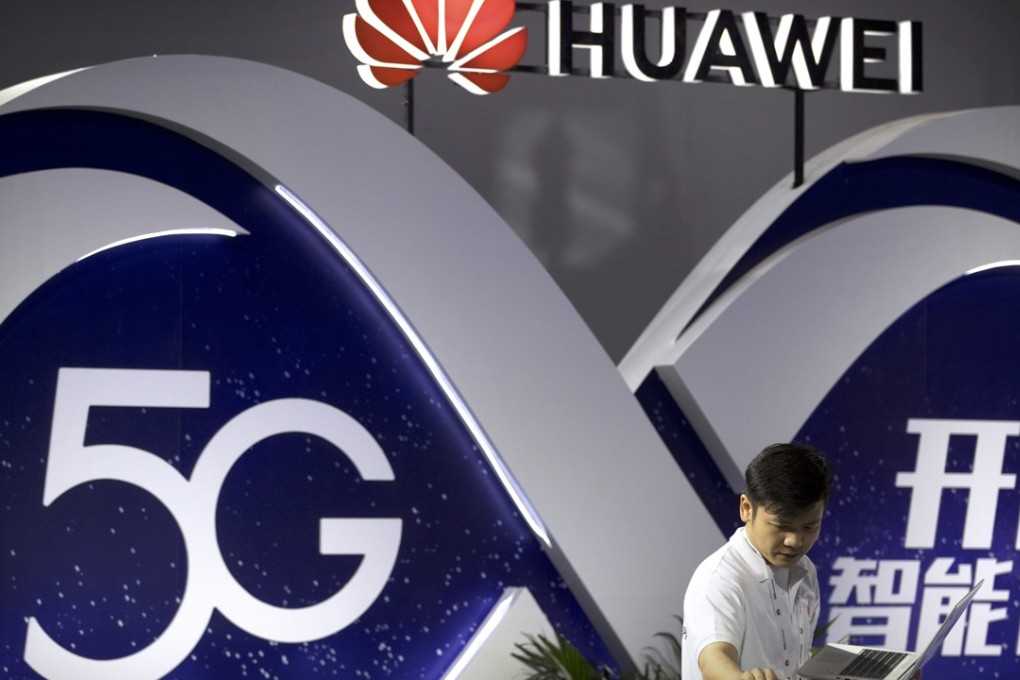China separates arrest of Huawei executive Sabrina Meng Wanzhou from US trade talks
- US national security adviser John Bolton says tech firms like Huawei will be a major topic in negotiations

China has separated the arrest of Huawei’s chief financial officer Sabrina Meng Wanzhou from trade talks between Beijing and Washington, although the US side is hinting that the case would be a bargaining chip in broad dialogue between the two countries.
Gao Feng, a spokesman for the Ministry of Commerce, said on Thursday that he had no information at all about Meng’s case. Gao also said China was confident about reaching a trade deal with the United States within the 90-day truce agreed by the two sides in Argentina last weekend.
Separately, Chinese foreign ministry spokesman Geng Shuang also refused to directly link the arrest of Meng – in Canada last Saturday at the request of the United States – with the trade negotiations.
China demanded that Canada and the US explain the arrest and release Meng immediately, Geng said. “As for the China-US trade talks, I have been saying in the last two days that … the two sides are accelerating negotiations to reach a win-win deal as soon as possible.”
Beijing’s restrained response marked a contrast to rhetoric in the country’s state-run media. Global Times, the hawkish tabloid backed by the Communist Party’s official mouthpiece People’s Daily, published an editorial calling Meng’s arrest a “despicable” hooligan act by Washington to contain Huawei’s rise.